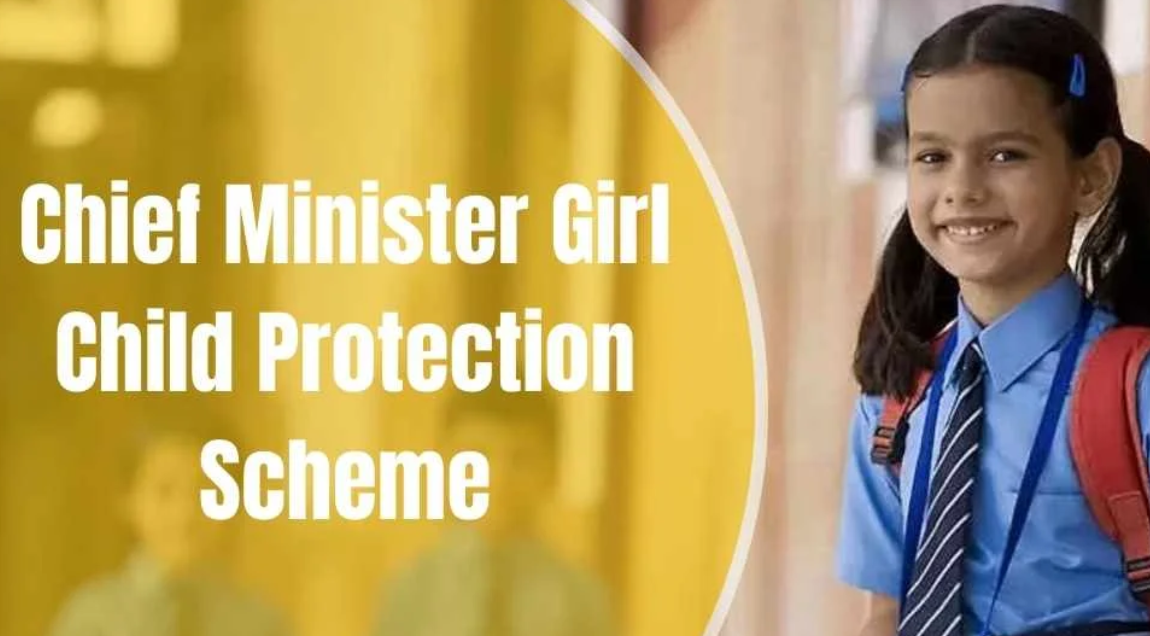Overview of the Department
The Department of Social Welfare and Women Empowerment is a key ministry of the Tamil Nadu government, headquartered in Chennai. Its primary mission is to enhance the welfare and protection of women, children, senior citizens, and transgender individuals through a wide spectrum of programs and legislation enforcement.
Geetha Jeevan serves as the current Minister overseeing the department, while Shunchonngam Jatak Chiru, IAS, functions as the Principal Secretary.
This department is structured into three main wings:
-
Social Welfare
-
Social Defence
-
Integrated Child Development Services (ICDS)
Key Functions & Initiatives
The department strives to offer socio-economic support, protection, and empowerment through a variety of targeted programs:
Marriage Assistance & Girl Child Protection
Several schemes uplift girls and women from economically challenged backgrounds. These include:
-
Marriage Assistance for poor girls, widows, orphans, and inter-caste couples, offering cash assistance and a gold coin upon marriage.
-
Moovalur Ramamirtham Ammaiyar Higher Education Assurance Scheme (Pudhumaipenn Thittam): Grants ₹1,000 monthly to girls from government schools continuing through higher education.
Nutrition, Education & Uniform Programs
The department ensures nutritional support and school attendance via:
-
The longstanding Nutritious Meal Programme
-
Free school uniforms
-
The recent Chief Minister’s Girl Child Protection Scheme, which involves financial deposits in girl child’s name for future security.
Empowerment Through Employment Support
To bolster women’s self-reliance, the department implements:
-
Free Sewing Machine Scheme for marginalized women, including widows and differently-abled individuals, alongside tailoring training centers particularly for tribal women.
Inclusive Welfare for Seniors & Transgender Individuals
-
The department handles welfare homes, pensions, and other programs through ICDS and social defence wings.
-
It manages dedicated services and livelihood support for trans community members via welfare boards and self-help groups.
Legal Protections & Oversight
The department enforces and promotes awareness of key legislation protecting women, children, and senior citizens. These include:
-
Dowry Prohibition Act (1961)
-
Child Marriage Prohibition Act (2006)
-
Protection of Women from Domestic Violence Act (2005)
-
Others related to workplace harassment and seniors’ welfare.
It also houses the Tamil Nadu State Commission for Women, which investigates gender-based grievances, recommends legal reform, and safeguards women’s rights.
Recent Developments & News Highlights
In a major outreach, 200 marginalized women received ₹50,000 each under a self-employment initiative by the Widows and Destitute Women Welfare Board.The “Magalir Vidiyal Payanam Thittam” scheme enabled widespread free public transport for women and transgender individuals, saving beneficiaries approximately ₹888 monthly.Tamil Nadu’s Self-Help Groups (SHGs) played a key role in driving economic growth, with over ₹1 lakh crore in loans disbursed to date.Workplace safety under the POSH Act was reviewed by the Textile Industry Coalition under the guidance of Minister P. Geetha Jeevan, reinforcing the focus on safer working conditions for women employees.The newly launched Agal Vilakku initiative educates girls from Classes IX–XII on online safety and well-being, particularly in the digital realm.
Summary Table (No Bullet Points)
The Department of Social Welfare & Women Empowerment plays a multifaceted role in Tamil Nadu’s social fabric. It supports education, nutrition, and welfare through marriage assistance, meals, and financial security schemes. It empowers women through vocational equipment like sewing machines and champions legal protection and awareness. The department also runs inclusive welfare for seniors and transgender communities, and oversees gender safety through legislation and institutional bodies like the State Commission for Women. Recent news speaks to expanded outreach, safety measures, and financial inclusion through SHGs and other schemes.
